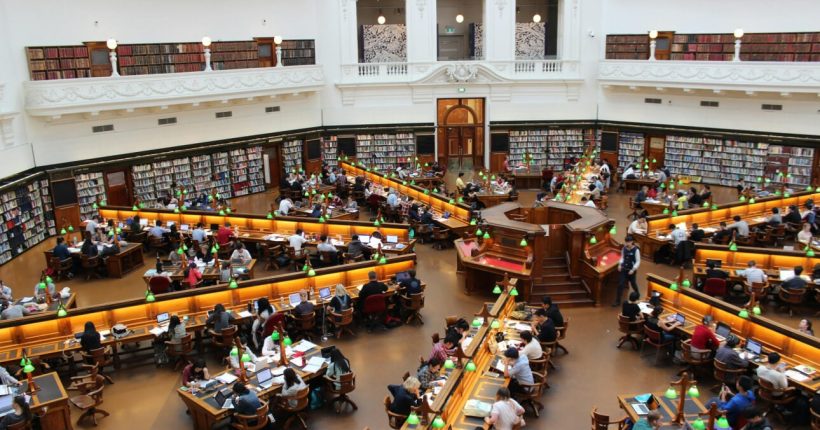Empowering the Future: How Smart Home Automation and Energy Conservation Create Opportunities for Young Professionals in the ELV Industry
In today’s fast-paced world, homes are becoming smarter and more energy-efficient, thanks to technological advances. At the forefront of this shift is Smart Home Automation and Energy Conservation, a powerful combination that is not only improving lifestyles but also unlocking new opportunities—especially for young professionals in the Extra-Low Voltage (ELV) industry.
This article explores how Smart Home Automation and Energy Conservation are transforming the residential space and creating promising career paths in the growing tech-driven world.
What is Smart Home Automation and Energy Conservation?
Smart Home Automation and Energy Conservation refers to the integration of automated systems with energy-saving features to enhance comfort, control, and sustainability in residential and commercial buildings. These systems include smart lighting, thermostats, appliances, security systems, and power management devices—controlled remotely via apps, voice assistants, or centralized hubs.
The key advantage is efficiency. For example, smart thermostats adjust temperature based on real-time occupancy, while motion sensors switch off lights when no one is in a room. These features reduce electricity waste, lower energy bills, and contribute to environmental sustainability.
Why Smart Home Automation and Energy Conservation Matter
With rising energy costs and growing concern for the environment, Smart Home Automation and Energy Conservation are no longer luxury concepts—they are essential. They empower homeowners to track and reduce their energy usage while enjoying convenience and safety.
For example:
- Smart plugs and energy monitors allow homeowners to identify high-consuming devices.
- Smart meters provide real-time usage data for better energy planning.
- Automated systems reduce human error and prevent energy wastage.
Such features make Smart Home Automation and Energy Conservation a core part of modern infrastructure, supported by governments and energy providers alike.
Growing Career Opportunities in the ELV Industry
As Smart Home Automation and Energy Conservation gain popularity, so does the need for professionals who can install, integrate, and support these systems. This opens the door for young people interested in technology, especially those entering the ELV industry.
Here’s how:
1. Smart Home Installation Technicians
Professionals trained in low-voltage systems are in high demand to install smart lighting, thermostats, sensors, and control hubs. These technicians are the backbone of home automation projects.
2. Energy Efficiency Consultants
Advising homeowners or developers on how to implement Smart Home Automation and Energy Conservation effectively is a growing niche. Consultants help design cost-effective and eco-friendly systems.
3. Maintenance and Support Specialists
These roles involve troubleshooting and maintaining smart home systems. Regular firmware updates, network integration, and device calibration are all part of the job.
4. Home Automation Programmers
Some systems require custom programming or integration with third-party apps and devices. Young professionals with basic coding skills can offer valuable services.
5. Entrepreneurs and Business Owners
With the increasing demand for Smart Home Automation and Energy Conservation, starting a business in product distribution, installation services, or consulting offers great potential.

Skills Needed to Thrive
To succeed in this evolving field, young professionals should build both technical and interpersonal skills:
- Understanding of ELV wiring and systems
- Knowledge of automation protocols (Zigbee, Z-Wave, Wi-Fi)
- Familiarity with smart platforms (Google Home, Alexa, Apple HomeKit)
- Networking and configuration skills
- Passion for sustainability and energy efficiency
- Good customer communication skills
By investing in these skills, young people can lead the way in creating smarter, greener homes.
A Booming Industry with Global Demand
The market for Smart Home Automation and Energy Conservation is growing rapidly in both developed and developing regions. Urban homeowners are increasingly interested in cutting costs and reducing their environmental impact. As a result, the need for skilled technicians and consultants is surging globally.
For young professionals in the ELV field, this is a unique opportunity to future-proof their careers while contributing to sustainable development.
Conclusion
Smart Home Automation and Energy Conservation represent more than just advanced technology—they symbolize a smarter, cleaner, and more efficient way of living. For young professionals, especially those entering the ELV industry, this trend offers tremendous opportunity.
By learning the right skills and staying up to date with technological advances, the next generation can play a crucial role in building a sustainable future—one smart home at a time.




